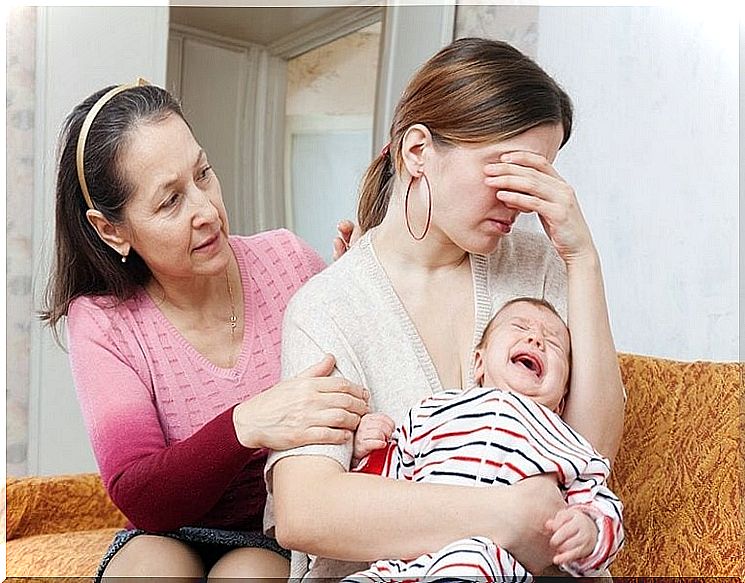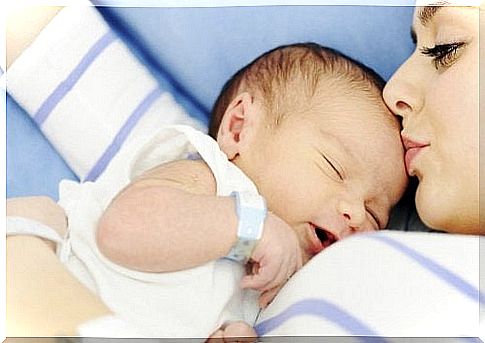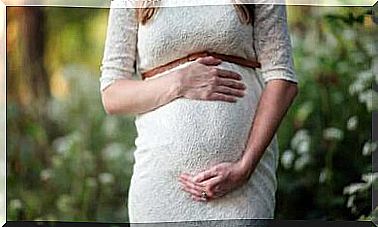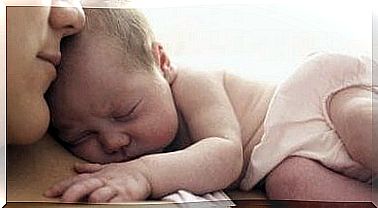Postpartum Depression And Coping With It

During pregnancy, almost every expectant mother is not only expectant, but also happy and excited. Surprise can be great when the mother finally receives the newborn in her arms, hormones begin to whirl, and a sad feeling of power over the mother. This may be a sign of postpartum depression. In this article, we’ll talk about what postpartum depression is and how to deal with it.
Symptoms of depressive disorder include, for example, low mood, fatigue and unavailability, and feelings of guilt. There are different types of depression, and its severity can range from mild symptoms to severe psychotic depression.
The American Journal of Geriatric Psychiatry, a medical publication focusing on geropsychiatry, writes: “ Depression is almost twice as common in women as in men. Hormonal factors may contribute to a higher number of diagnoses of depression in women. Female hormones include estrogen and progesterone, or luteinizing hormone. Low levels of estrogen appear to have an effect on the development of depression. ”
How is postpartum depression identified?

The timing, symptoms, and intensity of postpartum depression vary from individual to individual. A large proportion of women experience depression and mood swings that last for a few days immediately after giving birth.
About one-tenth of women who give birth develop a longer-lasting and more severe depressive condition. In such a case, the symptoms usually improve within 2 to 6 months, but some mothers are known to suffer from postpartum depression for up to a year.
Postpartum depression can be identified by the symptoms listed below:
- Unavailability and low interest in doing things for oneself or a child.
- Irritability. Even ordinary everyday events can make you upset and get mad.
- Crying. Repeated feelings of grief that make you cry.
- Various sleep disorders.
- In severe cases, the mother may feel guilty as well as negative feelings about the baby.
Treatment of postpartum depression
Although there is a lot of talk today about postpartum depression, the exact causes of this discomfort are still not known. We do not know why some mothers cope with mild symptoms, while some have severe and long-lasting symptoms. However, it is known that hormonal changes during pregnancy affect a woman’s mood after childbirth.
It is normal to feel a little nervous and even anxious when returning home from the maternity ward. The mother may even feel irritated and easily sensitized. Postpartum sensitization, or baby blues, is common. It usually lasts up to two weeks and disappears on its own without special treatment.
If this normal stage of sensitization does not pass within a few weeks, postpartum depression is suspected. When a mother understands what she is going through, it is easier for her to get the situation under control.

Relieving the symptoms of postpartum depression
Once postpartum depression is identified, its symptoms can be relieved by certain means:
- Get help with baby care tasks. You can ask family or friends for help, or, if your situation allows, hire a babysitter to help yourself until you get through the worst of depression.
- Talk to your family members. Talking to a partner is especially important. Tell him how you are and how you feel. Such information and feelings should never be hidden from the nearest person. Open communication is best for each party.
- Avoid making big changes. Try to avoid changes such as moving, traveling, and starting your studies. Big life changes create more stress and make you feel worse.
- Rest is essential. Try to sleep while your baby is sleeping. This will help you replenish your energy stores, which in turn will increase your resilience to many things.
Postpartum depression is overcome. Finding information can help relieve the symptoms of the discomfort. There is a myriad of information on natural treatments and physical exercises that can help relieve symptoms.
It is important for a mother to understand that depressive symptoms are not her own cause. The best advice we can give is to stop and meditate on this incredible beginning of life – motherhood. Regular hugging and kissing of the baby also does good for the mother suffering from postpartum depression.









